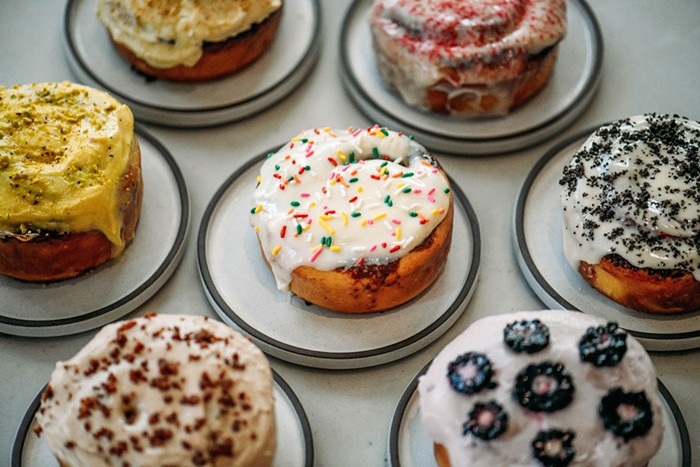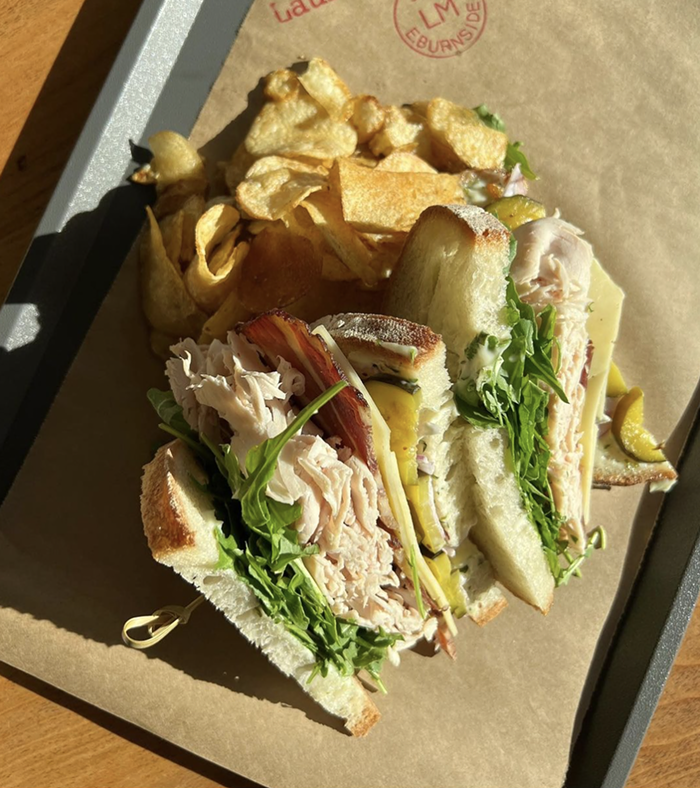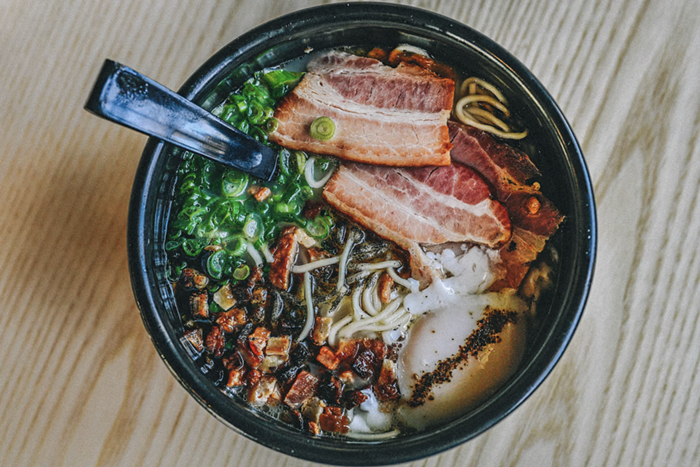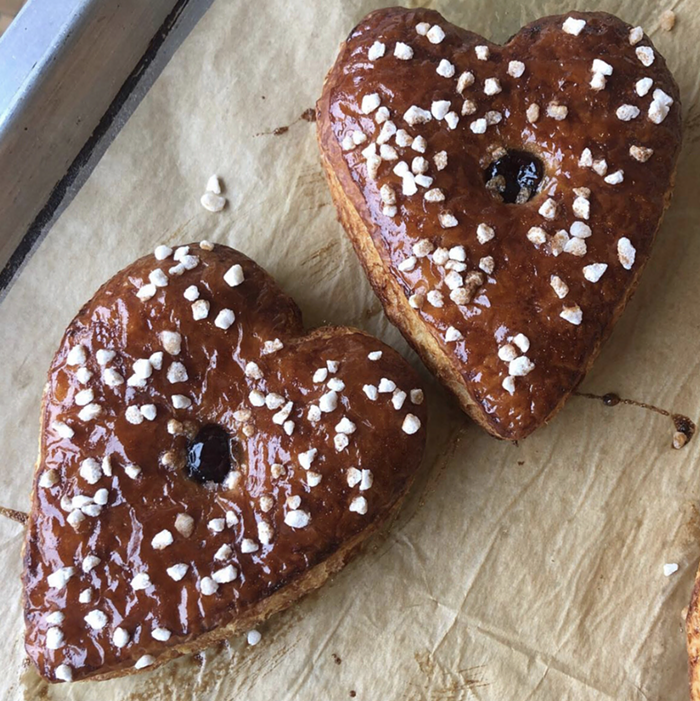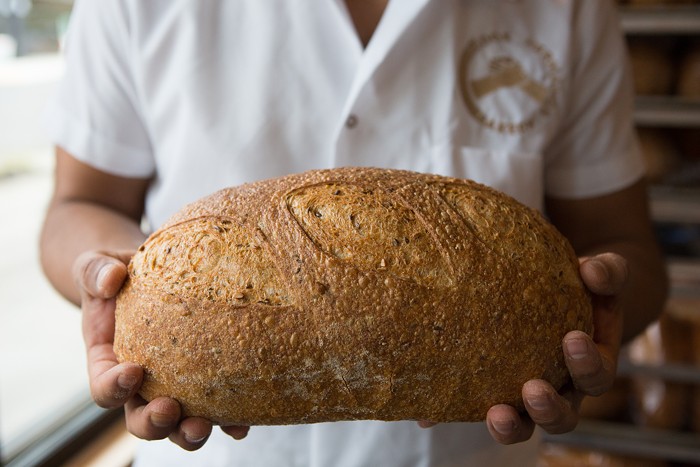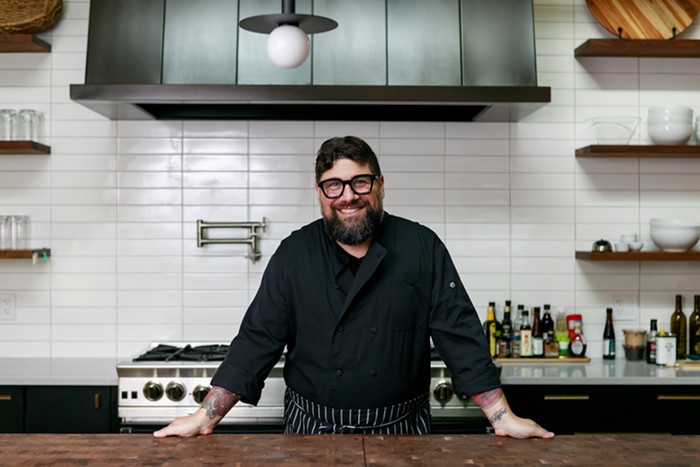Just the Kind of Creepy We Need Right Now
Creepy’s is Keeping Portland Weird, and Grounded.
Through the Drinking Glass: The Portland Mercury’s Bar Issue
Including 13 Portland Spots That Offer More Than Just Hooch
Pot & Spicy Fulfills Your Hot Soup Dreams
Pick Your Own Skewers for this Fine Bowl of Sichuan Soup On the Cheap
The Food Will Do the Talking
The Women of Arden Wine Bar & Kitchen on What It’s Like Opening a Women-Led Restaurant
Roe Is Back, And It’s Still the City’s Undisputed Best Seafood
The Restaurant's New Location is Right Where You Want to Be
The Trouble with Tipping
The Pros and Cons of Restaurant Gratuities
The Art of Canned Wine
Oregon Winemakers Are Making the Jump to Wine in a Can
Discovering Hood River’s Winery Gems
Oregon's Up-and-Coming Wine Country
A Taste for Equality
The All-Women Freeland Spirits is Closing the Gender Gap in the Liquor Industry
The Last Straw
Why Local Bar Owners Are Getting Rid of Single-Use Plastic Straws
Digging Deep
The Art of Hunting and Preparing Truffles
Nimblefish: An Almost Epic Sushi Experience
And the Best Tamago Nigiri I've Probably Ever Had
Sammich, Stoopid Burger, and People’s Pig Bring the Mess to Kerns
Now It's the Finger-licking-est Neighborhood in Portland
The 12 Most Delicious Things to Do in Portland: May 2018
A Wealth of Tacos, Bloody Marys, Depressed Cakes, and Corn Dogs Doing Battle!
Through the Drinking Glass: The Portland Mercury’s Bar Issue
Including 13 Portland Spots That Offer More Than Just Hooch
Cuckoo for Cocktails
Geeking Out on the Wild, Obsessed, and Otherwise Nerdy World of Mixing Drinks
The Last Straw
Why Local Bar Owners Are Getting Rid of Single-Use Plastic Straws
Dry Drinks Worth Diving Into
Non-Alcoholic Beverages You Don't Have to Be a Teetotaler to Enjoy
Stopping by the Bar on a Snowy Evening
Bar Crawling East of 82nd During a Snowpacalypse
Ezra Caraeff was at an impasse. As the owner of three popular Portland bars–the Old Gold, Paydirt, and Tough Luck–he came to the realization that his businesses were creating a lot of unnecessary waste. His main culprit? Single-use plastic straws.
When he crunched the numbers this past January, Caraeff estimated that he, his staff, and his patrons had gone through and discarded more than 298,000 straws in 2017 alone. And with plans shaping up to open a fourth bar later this year, he knew he had to do something. He just didn’t know what.
And then Phil Schlieder walked in and bellied up to the bar.
Schlieder is a filmmaker and the creative director for Delphi Cinema, a video production agency that specializes in documenting the great outdoors. But he’s also the sponsorship coordinator for the Portland branch of the California-based Surfrider Foundation, which is leading the charge for cleaner oceans and uncluttered beaches.
One of the ways Surfrider tries to achieve this goal is by partnering with local restaurateurs and bar owners under its Ocean Friendly Restaurant program. And, as you may have noticed online, the OFR program is currently pushing its “Ditch the Straw” campaign under the premise that straws won’t end up in the ocean or wash ashore on beaches if you don’t use them to begin with.
So far, Schlieder has been able to get a few local restaurants on board with getting rid of straws altogether, including St. Jack, Bamboo Sushi, Pok Pok, and Verde Cocina. And when he strolled into Tough Luck, Schlieder was aiming to convert Caraeff, too. Turns out Caraeff was already converted.
“I told him, ‘I’m way ahead of you,’” Caraeff says. “‘I wanna do it, I just need some guidance.’ It was pretty alarming when I put the numbers together.”
For some bars, going strawless is fairly painless because so many of their cocktails come in coup or rocks glasses. But if you’re serving a lot of drinks in Collins glasses filled to the top with ice, as Caraeff does, going strawless can limit what you can and can’t stir or shake.
For the last year, Caraeff–who, full disclosure, once worked at the Portland Mercury in a non-straw-related capacity—had tested out biodegradable paper straws, but each one was met with the same sad, soggy fate. So Schlieder turned Caraeff on to Aardvark Straws, which manufactures durable paper straws out of Fort Wayne, Indiana.
“They’re great,” Caraeff says, adding that they hold up for a good 24 hours after being dipped in liquids. “Even if just 10 percent of the straws I used last year ended up in the ocean, that’s still 30,000 straws coming from just three bars.” According to Open Table, there are more than 4,100 restaurants and bars in Portland; if each one used as many straws that Caraeff’s three bars did, we’d be talking about 4.1 billion single-use straws being thrown out each year.
Indeed, Schlieder says that 500 million straws from around the globe end up in the ocean each day. That kind of waste has led to Texas-sized islands of trash floating the world’s waters. And that’s just in the ocean. Schlieder says that straws are among the top five items he and his peers pick up while doing volunteer scrubs of local beaches.
Going strawless and finding biodegradable options seems to be catching on—and not just locally. In 2016, the World Economic Forum estimated that if you could weigh every bit of plastic in the ocean and then weigh every fish, by 2050 the plastic will outweigh the fish. At the end of February, CNN reported that plastic straw makers are bracing for themselves for restaurant and even municipal bans. And by March 1, Aardvark Straws were in such global demand that the company had to issue an apology on its home page. It seems like they’re so busy that it now takes a full—yet reasonable—week to fulfill an order.
Schlieder says that 86ing straws altogether would make a “massive impact.”
“Portland is the largest metropolitan area in Oregon and has the largest watersheds in the Pacific Northwest,” he says. “If the community chooses to remove this item from our daily lives, this will ultimately be a step forward in protecting our water, wildlife, and ecosystems on both a local and global level.”
Caraeff says that, so far, the feedback has been positive. “There’ve been no complaints,” he says, pointing out that some guests don’t even notice that the straw they were sipping through will end up decomposing back into the earth instead of swimming its way to some garbage island in the middle of the Pacific.
As word continues to spread, Caraeff envisions all of Portland going plastic straw-free in the next couple of years, just as it’s gone plastic bag-free. Until then, Schlieder says that restaurants chewing over this whole straw-or-no-straw question should adopt a “straws upon request” policy.
But they should probably go with a good biodegradable replacement, like Caraeff has, because nobody wants to drink a Bloody Mary using only their mouth. That would be a damn shame. Not to mention a damn mess.
